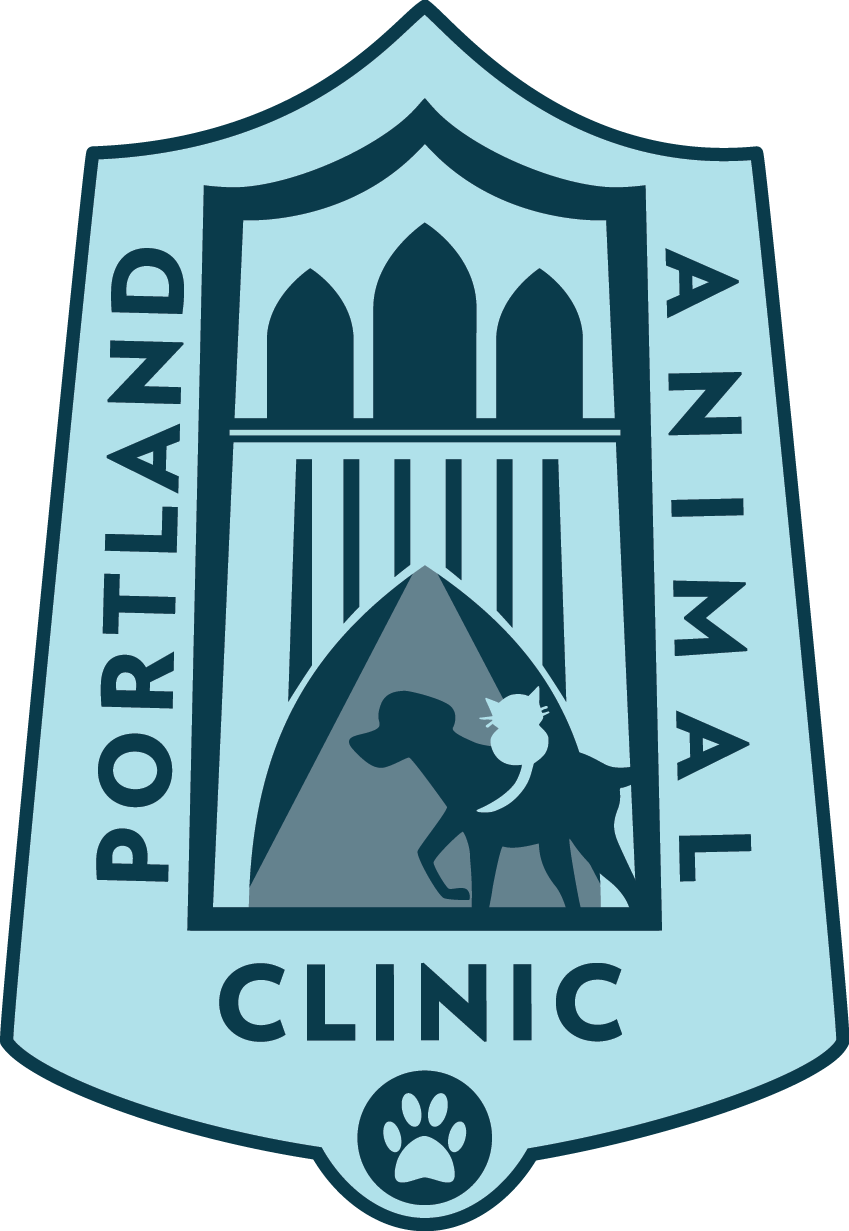
VETERINARY CARE
FOR DOGS
If you have a dog family member, it’s important to realize they won’t always be vocal about their health care needs. In fact dogs prefer to mask any ailments, so you may not notice any change in behavior until something is very wrong. So, as a responsible dog owner you should keep an eye on tale tell signs of illness or issues, such as loss of appetite, lower energy, excessive itching, less enthusiastic for hugs and pets, and check on stool frequently.
When should a puppy see the vet
Your new puppy should be seen by a veterinarian within one week of being adopted for a physical exam and a fecal test for parasites. You should bring any information from the breeder or shelter.
Vaccines are administered at 8 weeks of age, and given every 3-4 weeks until 16 weeks of age. It is important to recognize that puppies are not fully immunized until they receive their final boosters around 16 weeks of age.
We recommend they do not go to parks, beaches, dog parks, or any place where unvaccinated dogs may have visited. Flea and heartworm prevention can be started at 8-10 weeks of age. Spaying/neutering is usually done around 6 months of age, but can vary based on breed and lifestyle. Microchipping is also recommended as a permanent way to identify your dog. Many puppies adopted from shelters and rescue groups are spayed/neutered and microchipped prior to adoption.

How often should an adult dog see the vet
After the four-month visit, your dog should be seen annually by your vet for a physical examination, vaccines, parasite test, dental check, and any needed bloodwork or other tests that your veterinarian recommends. Older dogs may need to be seen more often.
Besides taking your dog in for annual checkups, you should also take him or her to see the veterinarian if your dog has any of these symptoms:
They are a puppy, and they are not gaining weight.
They are lethargic
They are showing significant weight changes; loosing or gaining
They seem to be having some discomfort.
You notice a change in their behavior.
You notice a change in their general health. For example, your dog’s eyes have lost their brightness or their coat has lost its luster.


